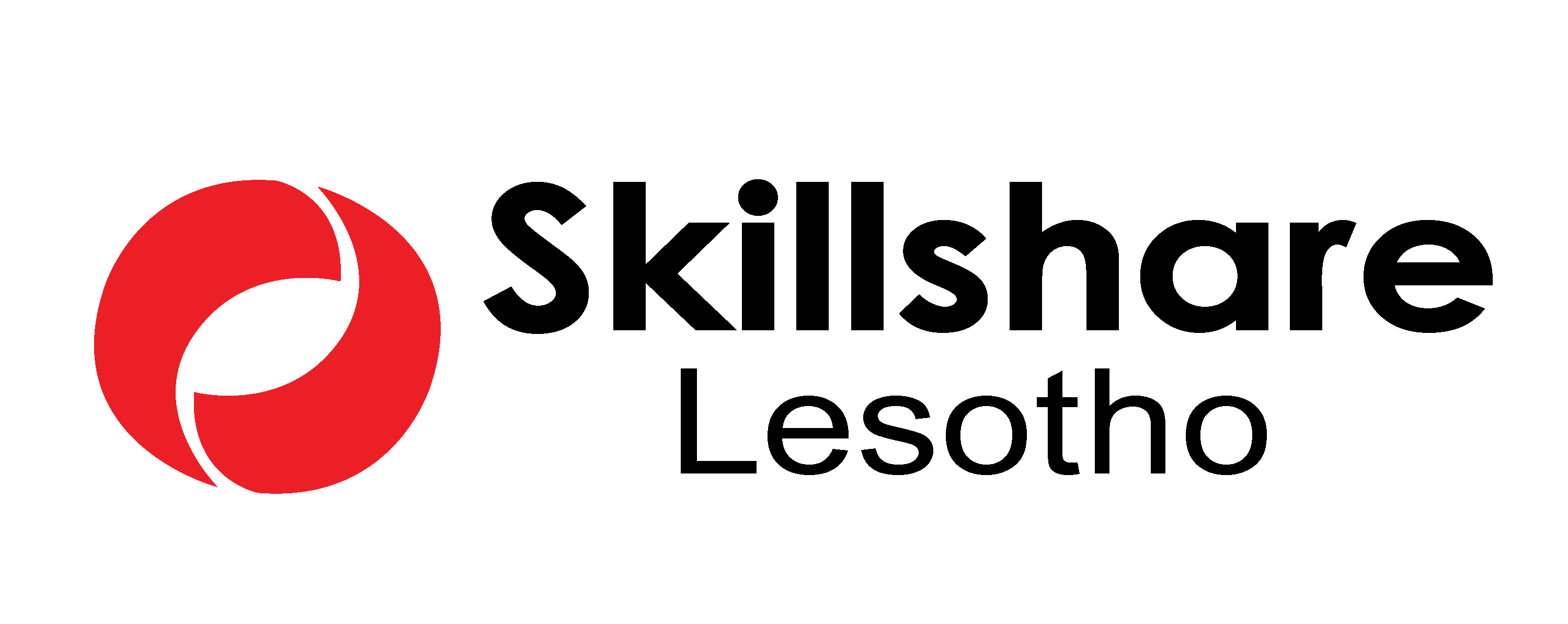Project title: Strengthening community resilience to respond, cope and recover from the socio-economic impacts of the COVID-19 pandemic and persistent food insecurity, through the provision of critical food/nutrition, water, and child protection services in most deprived rural communities in Lesotho.
Project Location: Berea, Thaba-Tseka, Mafeteng, and Mohale’s Hoek Districts, Lesotho.
National Context:
Lesotho, a landlocked nation surrounded by South Africa, has a population of over 2 million, with more than 70% residing in rural areas. The country contends with persistent poverty, significant social and regional disparities, and a high susceptibility to climatic, health, and economic shocks. In 2022, an estimated 470,000 people—22% of the population—required humanitarian assistance. This project addresses the urgent, interconnected challenges of malnutrition, household food and water insecurity, violence against children (VAC), and gender-based violence (GBV), which in turn exacerbate secondary risks such as HIV transmission and early unintended pregnancies among adolescents and youth.
Partnership and Approach:
Skillshare and UNICEF have partnered to strengthen the humanitarian response in the target districts through an innovative Social Accountability approach. In emergency contexts, Social Accountability actively engages affected communities and civil society to hold humanitarian actors, governments, and service providers accountable for the delivery of aid and services. This ensures assistance is transparent, responsive, and tailored to the specific needs of the population.
Key components of this approach include:
- Community Engagement and Participation
- Transparency and Information Sharing
- Robust Feedback and Complaint Mechanisms
- Accountability to Affected Populations (AAP)
- Local Capacity Building
- Independent Monitoring and Evaluation
- Conflict-Sensitive Programming and Trust Building
Overall Goal:
To enhance the resilience and well-being of vulnerable populations in crisis-affected areas of Lesotho by providing accessible, timely information on nutrition, Water, Sanitation and Hygiene (WASH), and child protection. This initiative aims to reduce vulnerabilities and improve the overall quality of life throughout the humanitarian cycle.
Specific Objectives:
- Enhance Digital Capabilities: Upgrade the interactive Skillshare mobile application to consolidate essential information modules on nutrition, WASH, and child protection, and integrate a Community Scorecard (CSC) for social accountability tracking.
- Disseminate Critical SRH/HIV Information: Facilitate the accessible and timely dissemination of accurate, comprehensive information on Sexual and Reproductive Health (SRH)—including HIV prevention, treatment, support, and Menstrual Health—to empower adolescents to make informed decisions.
- Drive Engagement and Participation: Actively engage at least 80% of the targeted vulnerable population within the first year, promoting consistent use of the mobile app and facilitating inclusive community participation in humanitarian decision-making processes.
- Establish Accountability Systems: Implement a comprehensive feedback and accountability system to collect and address user input, with a target of resolving 90% of reported issues in a timely and effective manner.
Cross-Cutting Themes:
- Sustainability: The project is designed to build local capacity and strengthen community structures to ensure lasting impact beyond the project lifecycle.
- Gender and Inclusion: While the program primarily targets adolescent girls and young women (AGYW) as the most affected by food insecurity and related humanitarian concerns, it intentionally includes young men and boys to ensure equitable access to services and to engage them as allies in preventing GBV and promoting gender equality.

